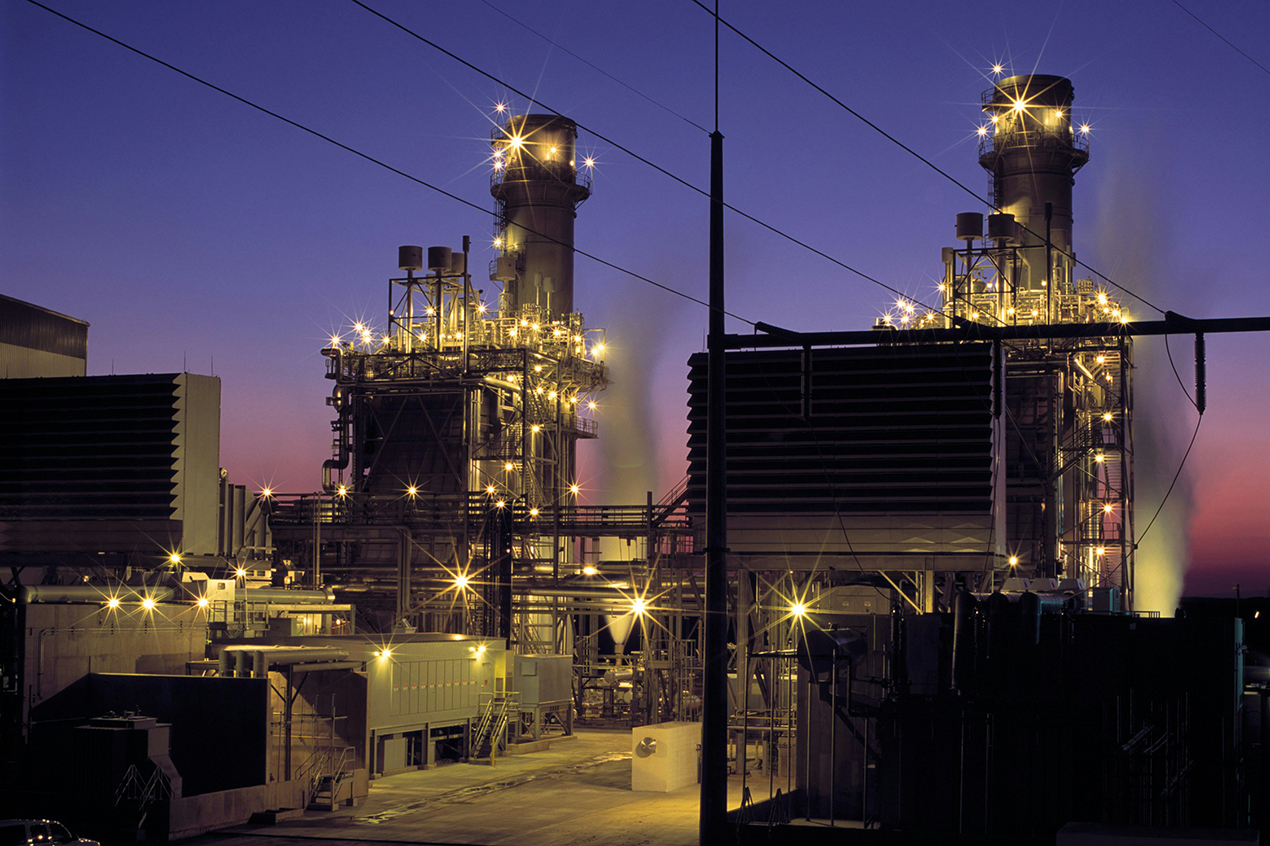News
Energy Experts Question South America Natural Gas Pipeline Project
The energy ministers of Argentina, Brazil
and Venezuela recently confirmed in Caracas the construction project of the
Southern Natural Gas Pipeline, the largest energy project in South America. The
entire project is expected to invest US$20 billion, with a planned gas
transmission capacity of 150 million cubic meters per day, and will be
completed in 2012. However, this ambitious project has also caused doubts among
many energy experts in South America.
The total length of this gas pipeline is
8,000 kilometers. It runs from Port of Ordaz in Venezuela in the north to
Manaus in Brazil in the south, and is divided into two branches at Manaus, one
extending to northeastern Brazil and the other leading to Brasilia. In addition
to the three countries mentioned above, the ministers also decided to seek to
include other South American countries such as Bolivia and Uruguay in the
project. This project is being studied by six expert groups from three
countries, and a more specific plan may be proposed by the middle of the year.
However, some energy experts in South
America believe that there are many difficulties in this project:
First, the project is extremely large and
involves many countries, especially many bilateral energy agreements among
South American countries. Therefore, it may be quite difficult for this project
to be approved by national parliaments.
Second, the gas pipeline needs to pass
through the Amazon primeval forest and multiple rivers, and its engineering
cost is unprecedented. In addition, the presidents of Afghanistan, Pakistan,
and Venezuela have instructed that the construction of this project should be
undertaken by state-owned companies, and private companies cannot participate.
Experts question whether countries can provide the necessary funds as
scheduled.
Third, natural gas travels thousands of
kilometers to reach countries such as Argentina, and its price is bound to be
very high. So, can this natural gas have a big market? To compete with
Argentinian and Bolivia gas, the "FOB" price from Venezuela should be
zero or even negative, which is impossible. Argentina's current low natural gas
prices have made it unnecessary for the country to develop new natural gas
resources. In addition, Bolivia is rich in natural gas and is closer to the
consumer markets of Brazil and Argentina. For Brazil, Bolivia has been a
"natural strategic partner" for its natural gas trade since a few
years ago. Petrobras has invested hundreds of millions of dollars in Bolivia's
natural gas and imports 30 million cubic meters of natural gas from the country
every day.

